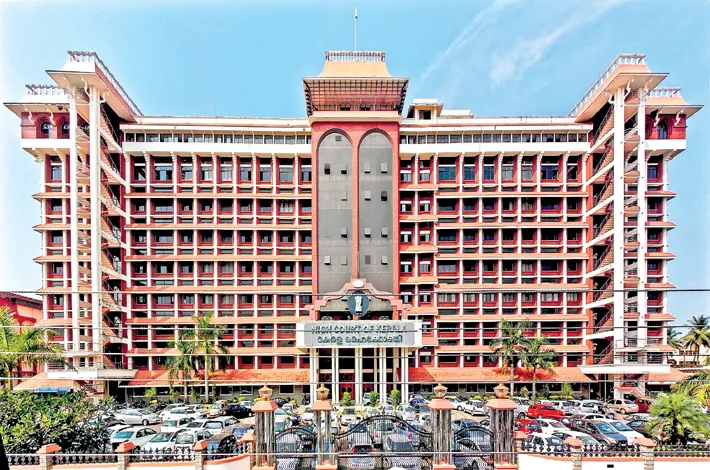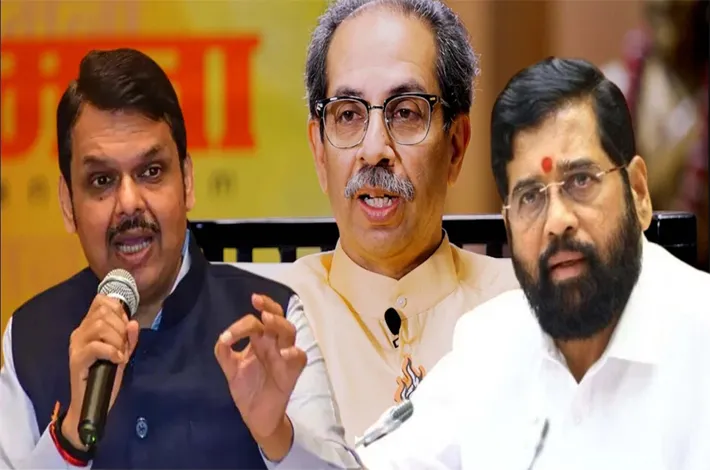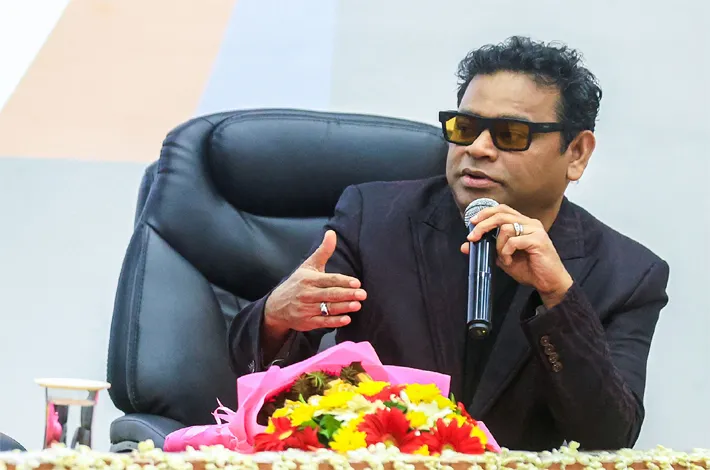Kerala High Court on religion specific practices: Faith vs dignity?
07-11-2025 12:00:00 AM

On October 30, 2025, the Kerala High Court, in a verdict given by Justice P.V. Kunhikrishnan, ruled on a contentious petition concerning the registration of a second marriage under Muslim personal law. The case originated when a Muslim man from Kerala applied to register his second marriage under the Kerala Registration of Marriages (Common) Rules, 2008.
The local marriage registration officer, confronted with conflicting claims, referred the matter to the High Court for clarification on whether such a registration could proceed without involving the existing spouse. This seemingly procedural dispute rapidly evolved into a broader constitutional and religious debate on polygamy, gender justice and the limits of personal law in a secular state.
The first wife, upon discovering the registration attempt, intervened in the proceedings. She argued that permitting the state to formally recognize a second marriage without her knowledge violated her fundamental rights to equality (Article 14), life and personal liberty (Article 21), and dignity. She cited precedents like Shayara Bano v. Union of India (2017), which declared triple talaq unconstitutional, to assert that personal laws cannot operate in isolation from constitutional morality.
The husband, represented by senior counsel, defended his position on both religious and legal grounds. He argued that Islamic jurisprudence does not mandate the first wife’s involvement in subsequent marriages. He maintained that requiring notice or a hearing would impose an extra-religious burden, infringing upon his freedom to practice religion under Article 25.
Furthermore, he asserted that registration is merely a civil formality and does not affect the validity of the marriage under Sharia, which is complete upon nikah. Any interference, he claimed, would amount to judicial overreach into personal belief systems protected by the Constitution.
A notable intervention came from a coalition of Muslim women’s organizations, including the Kerala unit of the Bharatiya Muslim Mahila Andolan (BMMA). They supported the first wife, arguing that polygamy, though textually permitted, is increasingly rare in Kerala and often weaponized against economically dependent women. They urged the court to interpret personal law in light of lived realities, not abstract theology.
On the other side, the All India Muslim Personal Law Board (AIMPLB) filed an impleadment application, cautioning against judicial rewriting of religious tenets. It argued that the Quran’s permission for polygamy was historically progressive— introduced to protect widows and orphans in 7th-century Arabia—and remains a valid social welfare mechanism in exceptional cases.
The Board opined that mandating spousal notification could deter legitimate second marriages (e.g., when the first wife is terminally ill or infertile) and drive unions underground, depriving women of legal recognition and inheritance rights.
The Kerala government, as a respondent, adopted a neutral stance but leaned toward procedural transparency. The Advocate General submitted that the 2008 Marriage Rules were enacted to standardize documentation across religions and prevent fraud.
He argued that requiring notice to existing spouses—regardless of faith—aligns with administrative fairness and prevents bigamy under the Indian Penal Code in non-Muslim cases. Extending this logic to Muslim polygamy, he said, ensures consistency in state practice without prohibiting the religious right itself.
After hearing extensive arguments, Justice Kunhikrishnan delivered a nuanced yet firm verdict. He reaffirmed that Muslim personal law permits polygamy but clarified that state machinery cannot enable it blindly. Drawing from his own September 2025 ruling in Jubairiya v. Saidalavi, he reiterated: “The spirit and intention of the Qur’an was monogamy and polygamy was only an exception, permissible only when the husband could do complete justice to all wives.”
He held that registration is not a passive act—it confers legal recognition, affects inheritance, and impacts social welfare eligibility. Thus, the principles of audi alteram partem (no one should be condemned unheard) must apply. The court struck a balance: the first wife’s consent is not required for the second marriage’s validity under Sharia, but she is entitled to prior notice and a hearing before registration.
This, the judge said, upholds both religious freedom and constitutional equity. He rejected the AIMPLB’s fear of underground marriages, noting that men seeking legal benefits (like joint property or visas) would comply. For cases of genuine hardship (e.g., a bedridden first wife), courts could exempt notice on medical grounds. The judgment was forwarded to the state Law Reforms Commission for potential amendments to the 2008 Rules, explicitly incorporating these safeguards.
The ruling has sparked polarized reactions. Women’s rights activists have hailed it as a victory for transparency within personal law frameworks, without banning polygamy outright. Progressive Islamic scholars, including those from the Quran Sunnat Society, endorse the decision, arguing that justice (adl) in polygamy includes emotional fairness—not just financial parity—which secrecy undermines.
Conversely, conservative clerics and the AIMPLB have criticized it as “judicial moral policing,” vowing to challenge it in the Supreme Court. They argue that the court has conflated civil registration with religious validity, setting a dangerous precedent for other personal laws. As on date, no appeal has been filed, but legal circles anticipate a larger constitutional battle.
For now, the Kerala High Court has carved a middle path—preserving polygamy as a regulated exception while embedding constitutional dignity into its administration. The decision underscores a growing judicial trend: personal laws may originate in scripture, but when they intersect with state power, they must answer to the Constitution.








